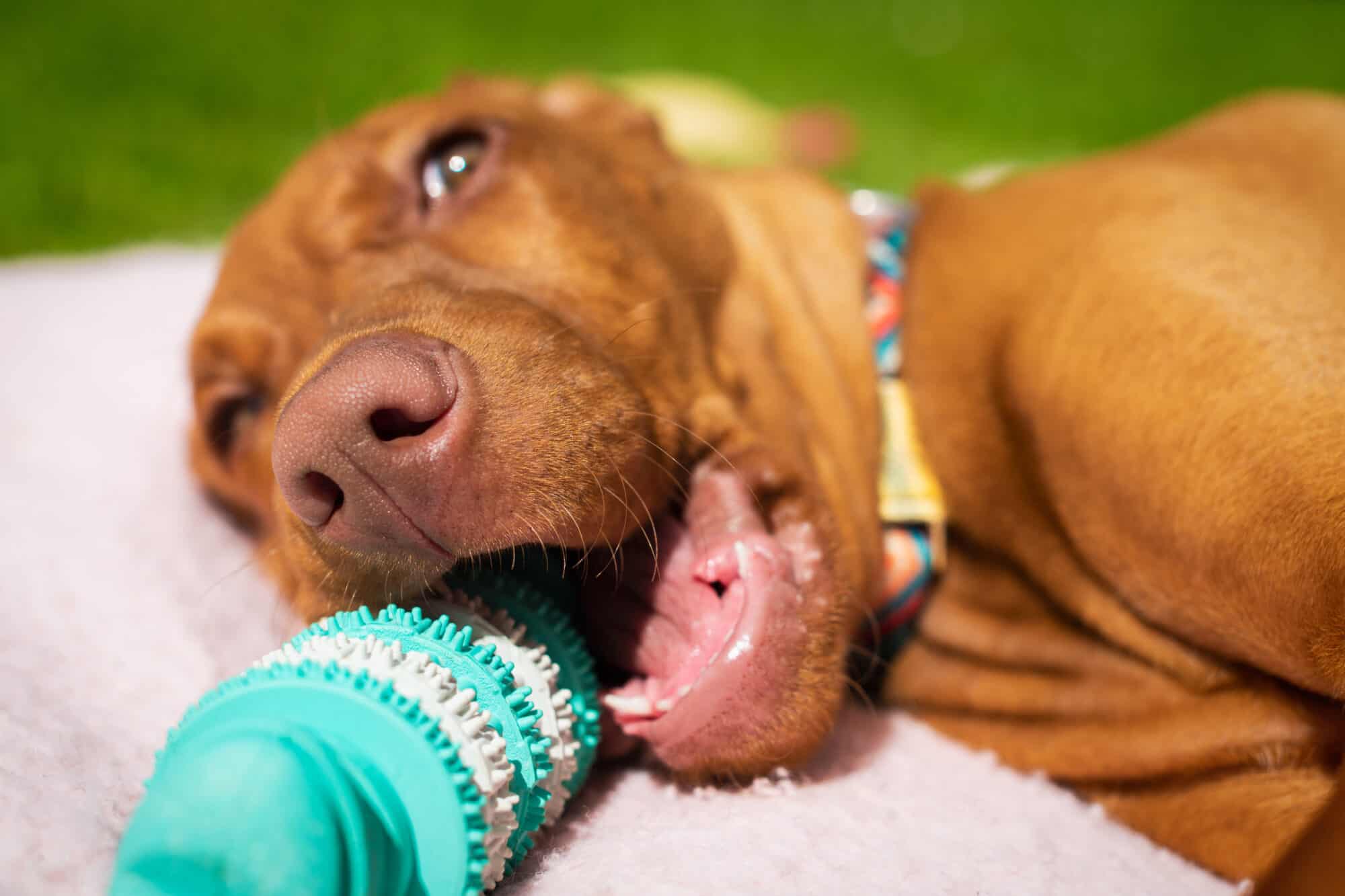From Ruff to Purrfect Smiles: Tackling Pet Dental Disease

Pet dental health extends far past the way your animal’s smile looks in photos. Health issues originating in the mouth can negatively affect the entire body. Without proper attention, dental disease in pets can become a serious veterinary issue. Luckily, with a little bit of attention and proper pet dental care, you can ensure your pet has a healthy and beautiful smile.
The Origins of Dental Disease in Pets
Unfortunately, many animals will already have some form of pet dental disease by the age of 3. This is because plaque and bacteria collect along the teeth and gum line. Not only does it make it easier for bacteria to enter the bloodstream and reach other parts of the body, but it also increases the risk of infection. Some of the early signs of pet dental disease include:
- Bad breath
- Yellow stains on the teeth
- Red or swollen gums
- Difficulty chewing
- Avoiding food
Infection and Inflammation
The more plaque and bacteria that exist on the teeth, the higher the likelihood of infection or inflammation developing in your pet’s mouth. Infections could cause significant pain for your pet, and might result in the need to extract teeth. Infections can also make their way into the bloodstream and reach vital organs like the kidneys or even the heart. Without attention, even minor dental disease can become a major health issue.
Maintaining a Purrfect Smile at Home
Effective oral hygiene for pets is easier than you might think. Simply brushing your pet’s teeth daily can significantly improve their overall dental health. There is a wide variety of oral hygiene products for pets. Please note that human toothpaste is not safe for animals, so be sure to stock up on some pet-safe options. There are also dental-friendly diets that help keep your pet’s mouth clean and healthy. Talk to your veterinarian about the best options for your pet.
Regular Dental Cleanings
The most important aspect of your pet’s dental care routine is to schedule regular cleanings with your veterinarian. Veterinary teams use anesthesia to safely (and effectively) perform thorough cleanings, take X-rays, and offer recommendations on how to keep your pet’s newly-cleaned teeth looking and feeling great.
At Western Veterinary Center, we give the same detailed attention to every pet during every visit. Whether your pet needs a dental cleaning, a wellness exam, or even a surgical procedure, our team will always give them the care and attention they deserve. To learn more about our services or to schedule an appointment, please call (805) 957-PETS (7387).
